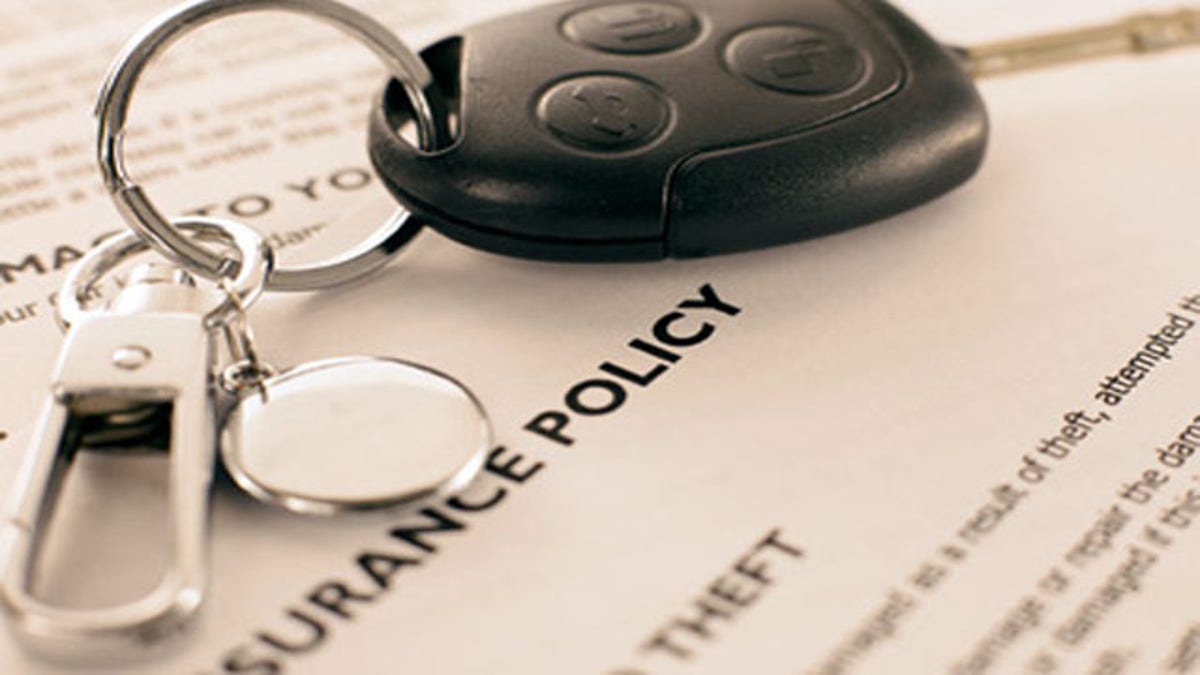
(iStock)
Dealing with a rental accident might be the last thing on your mind when you load up the car and drive off into the sunset, but that doesn’t mean you shouldn’t be prepared. While handling an accident in a rental car is similar to what you’d do if faced with a collision in your own vehicle, it’s important to follow the proper protocol to avoid confusion and unnecessary paperwork.
Before you do anything else, make sure that everyone in the vehicle is ok. Check the surrounding scene and any other cars involved. If someone is hurt, call 911 immediately. If there’s a danger of explosion, clear the area. Set up emergency flares if necessary or call the police to help redirect traffic. As soon as you’ve determined that the scene is safe, exchange contact and insurance information with any other parties involved and take pictures of the damage incurred. Try not to mention that you’re driving a rental car, as some people may try to take advantage of the situation. Leave the scene as soon as it is safe to do so.
So far, these are the same steps you’d take if you were driving your own vehicle. However, with a rental, you need to deal with a bit of additional paperwork. As soon as possible, call your car rental company and inform them of the accident. There’s often a sticker with an emergency number located inside the glove box. Ask the company how to proceed – but be sure to read the fine print of both your insurance plan and any insurance provided by the rental company.
You’ll of course want to inform your own insurance company of the accident and ask whether they’ll take care of filing an accident report with the local police or whether this is your responsibility. If you don’t already know, ask your insurance company whether you have collision and comprehensive coverage in your policy in addition to the liability coverage required by law. Collision and comprehensive coverage protects the car you rent. You’ll also want to find out what your deductible is. A deductible is the portion of loss that you have to pay out of pocket. For instance, if your deductible is $400, and you incurred $10,000 worth of damage, you have to pay $400 in repairs, and your insurance company will cover the rest. Most rental companies require you to have a deductible of $500 or less or will ask you to buy extra insurance when you rent the vehicle. Be sure to inform your insurance company of any additional insurance you purchased with the rental.
If you didn’t purchase extra insurance or a collision waiver when you rented the car, your insurance company is responsible for paying the rental company for the car only if your active policy provides first party coverage. The payments will still be subject to the terms of your policy. This means that whether or not you were at fault, you must pay your deductible directly to the rental company, as the company is entitled to have the car fixed as soon as possible. Your insurance company is then responsible for going after the responsible party – if you were not at fault for the accident.
Restrictions on your policy can cause problems, the biggest being loss of use. If you don’t have rental coverage on your policy, you will owe rental expenses to the rental company as if you were still renting the car. This means that if it takes 4 days to repair the vehicle, you will owe 4 days of rental. Even if you do carry loss of use coverage in your policy, you’ll have to owe the difference to the rental company if the limit is below what the rental car would usually go for.
Your accident claim will be handled differently if you purchased extra insurance or a collision damage waiver.
If you bought extra insurance (either from the rental company or your credit card company), be sure to read the fine print on both the additional insurance and your own policy. Some rental insurance policies provide complete coverage in any accident as long as you pay the premium. This means that they would cover the cost of the car that you hit (if you were at fault) and the rental car damage. However, you might still have a deductible from your own insurance policy, which will usually serve as a secondary form of coverage if the rental car insurance policy limits are low. Read both policies together to see who will pay first and who second.
A collision damage waiver releases you from the agreement you make when you rent a car that in case of an accident, you are responsible for paying for the car. However, even if you purchased a collision damage waiver, you must still file a claim for your medical bills in case of injury and for the car you hit if you were at fault.
Getting into any sort of accident, whether in a rental car or your own vehicle, is never pleasant. The most important thing is to make sure that everyone involved is safe and to be in a calm, collected state of mind when you approach the paperwork pile.
Photo Credit: Car accident picture from uberculture








































